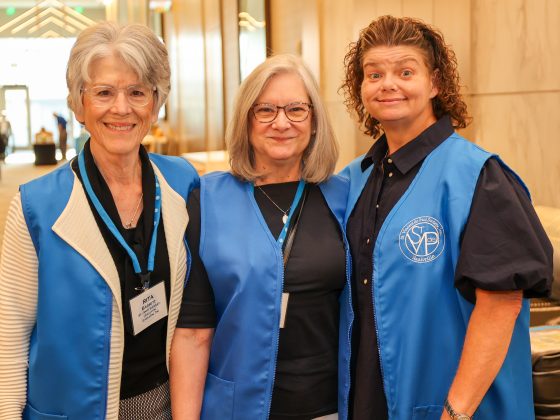Saint Vincent de Paul famously said that it is our vocation to “set people’s hearts on fire, to do what the Son of God did. He came to set the world on fire in order to inflame it with His love.” [CCD XII:215] These are inspirational “marching orders”, but what, in a practical sense, do they mean? How do we go about lighting that fire?
As always, our patron teaches that we must focus first on the interior. If we wish to set the world on fire, in other words, we must do so using the fire within our own hearts. When we examine the fire in our hearts, we recognize very quickly that our love, our charity, must be truly all-consuming. This is the love, the charity, that sets the world on fire.
Vincent asks us to examine our charity by its effects. What are the things we do, the ways in which we behave that result from our charity? How will it be known to others (and to ourselves)?
The first thing animated by charity is to do to others as you would have them do to you. How simple that sounds! It is so obviously good as a sentiment that virtually everybody in our culture knows this teaching, from children to the aged, and to one extent or another we measure our acts of kindness by this measure. True charity in our hearts is more than a disposition to kindness. Instead, we cannot help but “to do for our neighbor the good that a person has the right to expect from a faithful friend.” [Ibid, 216]
Another effect of our charity is that we bear with one another. No one on earth is perfect; everybody has imperfections and faults. Vincent calls us to examine our own faults, our own failings, and our own weaknesses first. When we realize how much we need the forbearance of others, we will naturally be more willing to bear with the neighbor, who in no case is more in need of mercy and forbearance than we are. As our Rule says, because we are conscious of our own frailty and weakness, our hearts beat with the heartbeats of the poor, and so we do not judge them. [Rule, Part I, 1.9]
In charity, we need not learn to empathize, because we simply “can’t see someone suffering without suffering along with him, or see someone cry without crying as well. This is an act of love, causing people to enter one another’s hearts and to feel what they feel…” [CCD XII:221]
In charity, our love for the neighbor is for God’s sake, and our love for God is for the neighbor’s sake, for who loves another has fulfilled the law. Charity is the light within us, the source of the flame that lights the world on fire.
Contemplate
How often do I act in charity because I simply cannot act in any other way?



